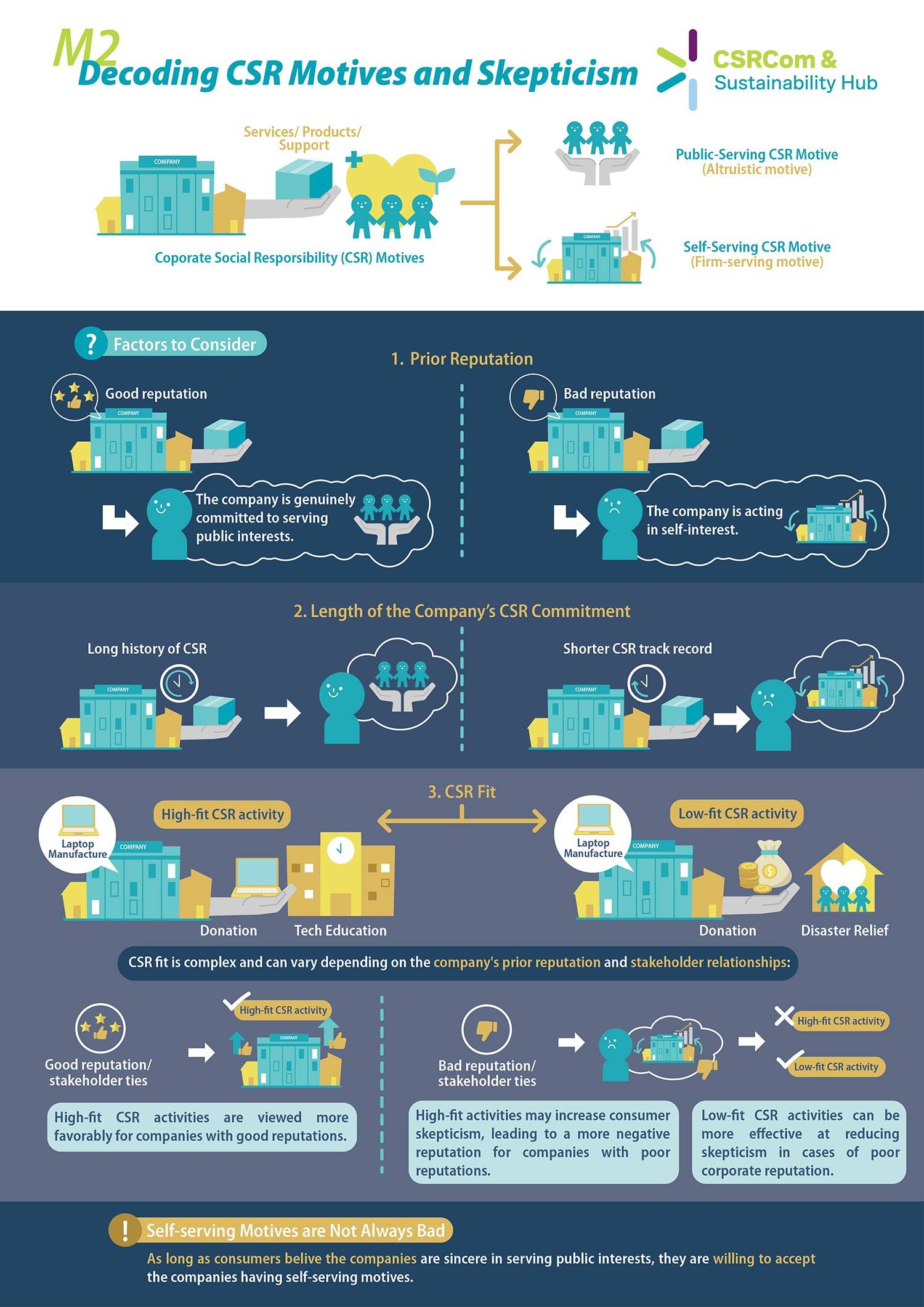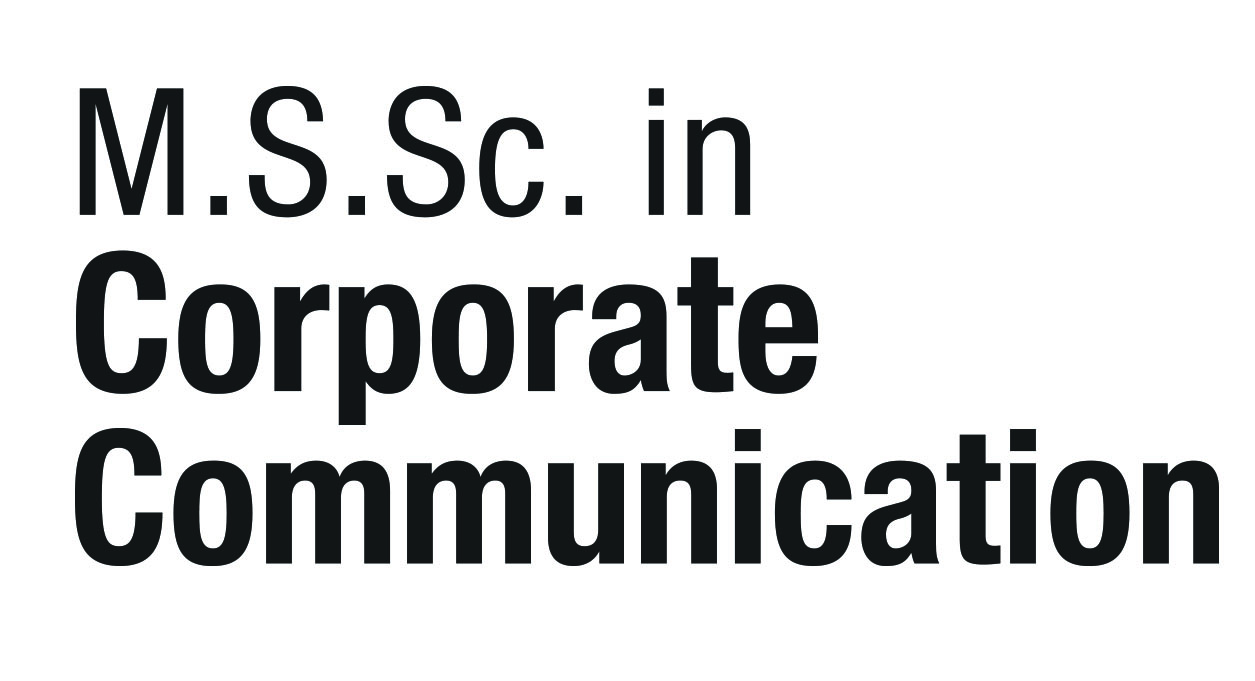Decoding CSR Motives and Skepticism
How to strategically manage perceived CSR motives and consumer skepticism?
Types of CSR motives?
What makes people consider your company is doing CSR out of genuine motives or self-serving motives?
What factors should be considered for the perception of CSR motives: public-serving or self-serving motives?
- Factors influencing CSR motive perceptions: prior reputation, length of the company’s CSR commitment, CSR fit, target audience, etc.
- Analyze how prior reputation, CSR commitment duration, CSR fit, and target audience influence the perception of CSR motives.
- Explore how these factors contribute to increasing or decreasing consumer skepticism or trust.

Learn more about this topic by joining our training program:
Sources
Ellen, P.S., Webb, D.J. & Mohr, L.A. (2006). Building corporate associations: consumer attributions for corporate socially responsible programs, Journal of the Academy of Marketing Science, 34, 147-157.
Kim, S., & Lee, Y-J. (2012). The complex attribution process of CSR motives. Public Relations Review, 38 (1), 168-170.
Kim, S., & Rim, H. (2019). The role of public skepticism and distrust in the process of CSR communication. International Journal of Business Communication. https://doi.org/10.1177/2329488419866888.

